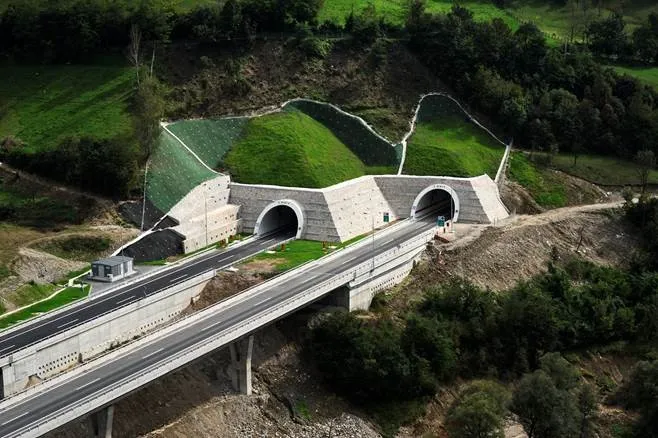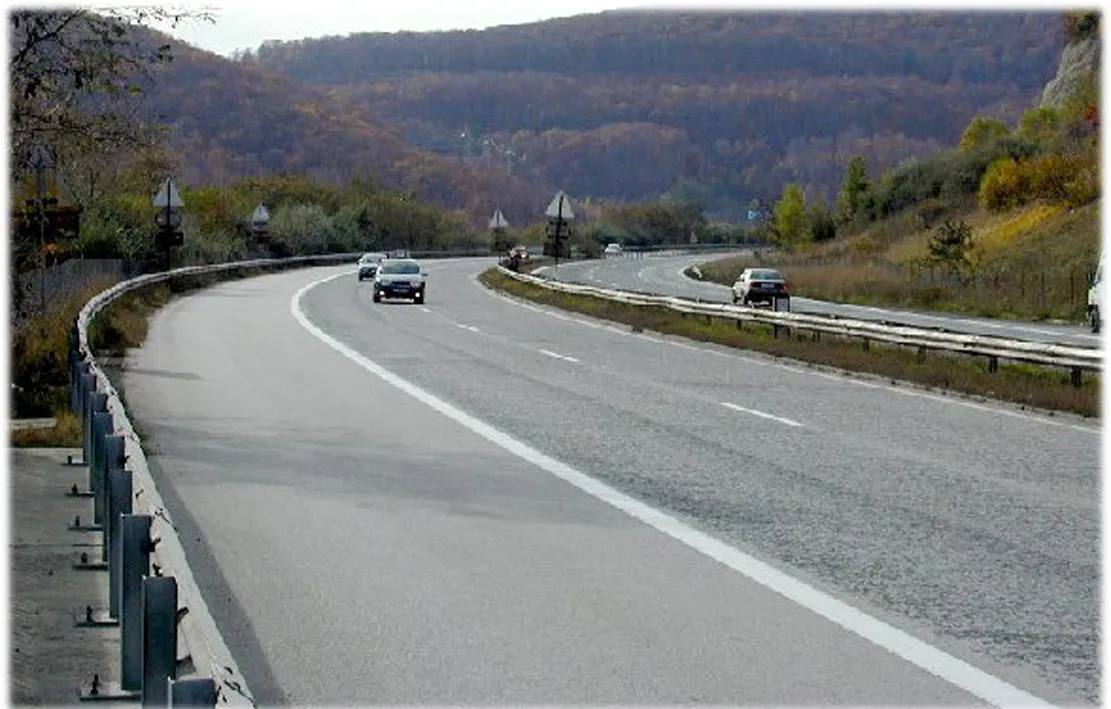Slovakia’s Ministry of Transport is to finance construction work on the 75km section of D1 highway between Martin and Presov from state funds, with work expected to start in the second quarter of 2011.
February 20, 2012
Read time: 2 mins
The move towards state funding is a major change in policy as the highway was originally planned to be paid for through a PPP by the Slovenske Dialnice consortium, which had won the concession for the project.
However, the deal was cancelled and Slovenske Dialnice has said it will dispute a €10 million fine being imposed by the Ministry for allegedly not being able to secure finance for the construction and operation of the Martin-Presov section.
Slovak construction firm
The construction companies claim the project failed due to objections stemming from environmental groups, for which the government is responsible, and the EIB and EBRD expressed concern over the D1 project when the environmental issues were revealed.
Questions were raised regarding the legality of the environmental impact assessment, which resulted in the project being scrutinised by the
Following elections in Slovakia a new administration took power and announced its concern over the cost of the D1 project, although the consortium did manage to reduce the budget required for the work by addressing bank interest charges. Responsibility for the original environmental impact assessment may prove to be the key to this complex legal tangle.







